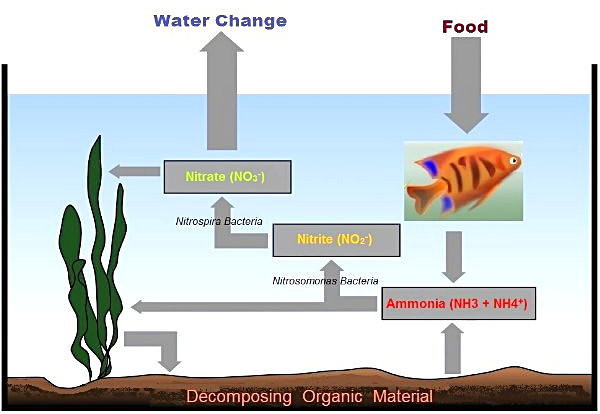I started cycling my tank last Wednesday. I set everything up (sand, plants, driftwood, filter), added conditioned water, and some powdered ammonium chloride, https://www.amazon.com/dp/B00OTH5TAQ/?tag=ff0d01-20. I waited for a few days and the ammonia testing read 8ppm so I did a 75% water change and got it down to 3ppm and the temperature inside is around 78 degrees with a ph of 6. I also added FritzZyme Turbo start, and a sponge filter from an established tank (https://angelsplus.com/products/active-sponge-filter). As of now, the water still does not have any nitrites or nitrates. Is it because I added the sponge filter with bacteria already established? Or is it still the lingering impact of the high ammonia at the beginning? How come it is taking so long for nitrates and nitrites to show up?
Last edited:



